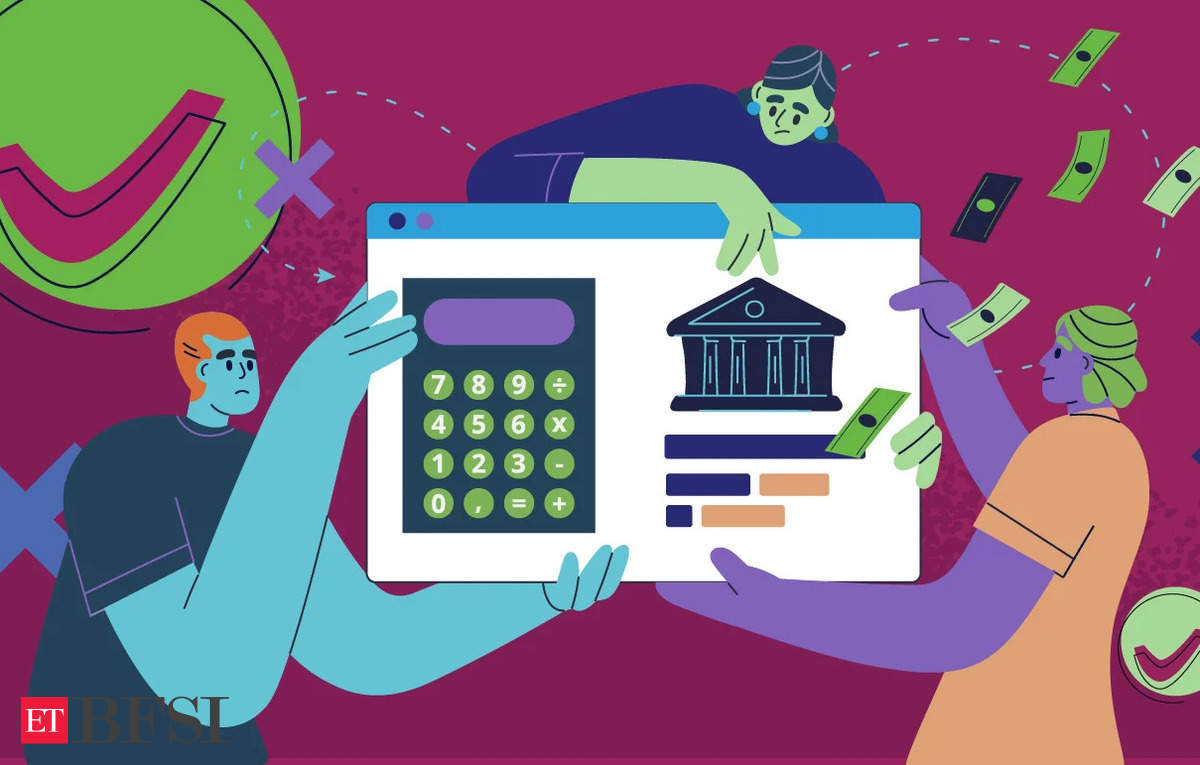03 September 2024
To address the increase in payment fraud, payment aggregators are planning to create a centralized "negative database" to track and prevent fraudulent transactions. This database will store information on fraudulent activities involving both customers and merchants. All licensed payment aggregators will have access to this database, which will help them to detect and prevent fraud more effectively.
The negative database will also include a list of merchants with a history of fraudulent activities. The goal is to stop fraudsters from switching between payment gateways to avoid detection. By not onboarding these merchants, payment aggregators hope to decrease the overall risk for both consumers and businesses.
The setup of the negative database will be overseen by a regulatory organization (SRO), for which the Payments Council of India has applied to the RBI. The SRO will also encourage industry members to share data on fraudulent transactions, addressing the current lack of information-sharing among payment aggregators.
This step is being taken at a time when digital payment fraud has risen due to increased internet usage and the growing number of online transactions. According to the Reserve Bank of India's (RBI) latest annual report, cases of online payment fraud quintupled in 2023-24, with cybercriminals defrauding victims of Rs 1,457 crore.
To address the increase in payment fraud, payment aggregators are planning to create a centralized "negative database" to track and prevent fraudulent transactions. This database will store information on fraudulent activities involving both customers and merchants. All licensed payment aggregators will have access to this database, which will help them to detect and prevent fraud more effectively.
The negative database will also include a list of merchants with a history of fraudulent activities. The goal is to stop fraudsters from switching between payment gateways to avoid detection. By not onboarding these merchants, payment aggregators hope to decrease the overall risk for both consumers and businesses.
The setup of the negative database will be overseen by a regulatory organization (SRO), for which the Payments Council of India has applied to the RBI. The SRO will also encourage industry members to share data on fraudulent transactions, addressing the current lack of information-sharing among payment aggregators.
This step is being taken at a time when digital payment fraud has risen due to increased internet usage and the growing number of online transactions. According to the Reserve Bank of India's (RBI) latest annual report, cases of online payment fraud quintupled in 2023-24, with cybercriminals defrauding victims of Rs 1,457 crore.

Stay Connected, Stay Informed –
Don’t miss out on exclusive updates, market trends, and real-time investment opportunities. Be the first to know about the latest unlisted stocks, IPO announcements, and curated Fact Sheets, delivered straight to your WhatsApp.